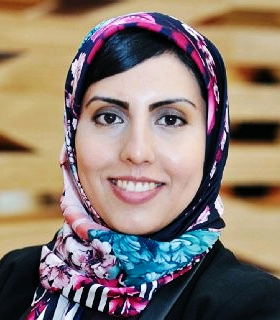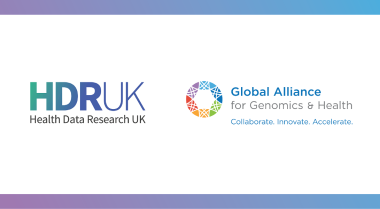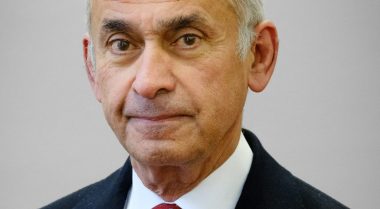I am proud of every project I led or contributed to - meet Fatemeh Torabi
9 September 2022
Fatemeh Torabi, Research Officer & Data Scientist, HDR UK Wales and Northern Ireland, at the University of Swansea, is focused on harnessing large scale linked health data for advancement of risk prediction methods. Below she tells us about her career and her belief in the need to tackle unconscious bias.
Tell us a little about yourself and your background
 I am a data scientist with a background in Mathematical Statistics from the Statistical Department of Shiraz University (Iran). I have undertaken many side projects throughout my career to learn about various aspects of the world of data science.
I am a data scientist with a background in Mathematical Statistics from the Statistical Department of Shiraz University (Iran). I have undertaken many side projects throughout my career to learn about various aspects of the world of data science.
One of my proudest projects, is a year of volunteering in the third sector where I worked with a broad range of people from more than 12 countries – each with unique backgrounds. Concomitant with my volunteering, I undertook a second MSc in Health Data Science and a few summer projects. Before joining HDR UK, I contributed to the advancement of projects at the Prudent Healthcare Intelligence Hub, as part of the Farr Institute. My research interests span novel analytical and computational methods for statistical inference in panel data and population health.
Tell us about your current role
My focus is on harnessing large scale linked health data for advancement of risk prediction methods. I also work with two major HDR UK consortiums (DaC-VaP and BHF Data Science) and am a research assistant in Turing-RSS Health Data Lab.
What led you to enter health data science?
Health data science has allowed me to advance my skillset in an interdisciplinary ecosystem of mathematics, statistics, computer science and health.
What have been some of your proudest achievements?
I am proud of every project I led or contributed to; however, the proudest achievement of my journey, is having the opportunity to work and learn from fantastic diverse range of people: leaders of the fields, patients, academics, clinicians, researchers, students each one of these individuals have further expanded my vision.
Have you encountered particular challenges from being a woman in your field?
Everyone faces challenges, whether visible to others or invisible, male or female. And everyone is capable of doing exceptional work. Although amongst colleagues we may differ, what should unite us is the unwavering pursuit of truth – which is fundamental to science. Any unconscious bias – which we all have to work towards eliminating – is antithesis to this goal and detrimental to the overall performance of the team/organisation first of all, and only secondly to the person against whom a bias is applied.
Have there been any positive examples of being encouraged or made welcome?
I pay tribute to all of the senior leaders who I have worked with to date, their attitude in science as well as their encouragement has empowered me to nourish the ideas and develop in a motivated state.
What’s the best piece of advice you have received and/or the one piece of advice would you give to other women entering your field?
We all should realise that interdisciplinary science is ever growing so one piece of advice from me is to add to your scientific reading list articles which are out of your own discipline and comfort zone. A diverse cross-discipline reading list expands your vision. If you are coming from mathematics reading articles on engineering, art and computer science adds dimensions to your knowledge base. There are a lot of admirable and joyful research and non-research pieces all over the science world that I am sure you do not want to deprive yourself from. Additionally, the evolution of scientific writing is very intriguing and inspiring.
What one thing would you like to see happen to ensure that women can have flourishing careers in health data science?
I think three key points would really help any of co-scientist colleagues or those who wish to start their career in health data science:
- Equip yourself with high quality up to data tools, implement best practices in your tasks
- Expand your mentorship network, working with different teams and groups, summer projects and internships will really help you learn about best practices and current tools
- Read widely in the scientific context you are interested in, it might be hard at the start but be patient with yourselves. The earlier you know your unknowns the faster you can find ways to fill the knowledge gap.
Find out more about Fatemah’s role with HDR UK here.



